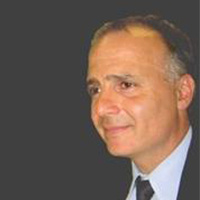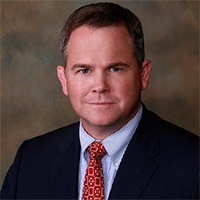Santa Clara County, CA White Collar Crime Lawyers
Sponsored Law Firm
-
 x
x

Click For More Info:
-
The Law Offices of Richard L. Cooper, P.A.
848 Brickell Avenue Suite 800 Miami, FL 33131» view mapDWI/DUI, Drug Trafficking, Felony Nationally Ranked Top 40 Under 40
With Richard L. Cooper you can expect a trusted confidant who will work diligently to fully understand your case and determine a road map to help you regain control of your life.
800-756-2781
Diego F. MacWilliam
✓ VERIFIEDIf you have been arrested, perhaps for the first time, I understand how you feel and what you're going through. I am available to you for a no cost, ... (more)
Jerome Pierce Mullins
✓ VERIFIEDIf you or someone you know is charged with a serious criminal offense, I will discuss the matter at no charge. Please call me any time of the day or n... (more)
Robert Cummings
The Law Offices of Robert G. Cummings is devoted to the defense of individuals and entities charged with or facing criminal prosecution. Mr. Cummings... (more)
Kenneth W. Robinson
Riccardo L. Ippolito
FREE CONSULTATION
CONTACTFREE CONSULTATION
CONTACTErik Steven Johnson
FREE CONSULTATION
CONTACT
 Richard L. Cooper Miami, FL
Richard L. Cooper Miami, FL AboutMiami Attorney at Law
AboutMiami Attorney at Law ServicesCriminal Defense
ServicesCriminal Defense



